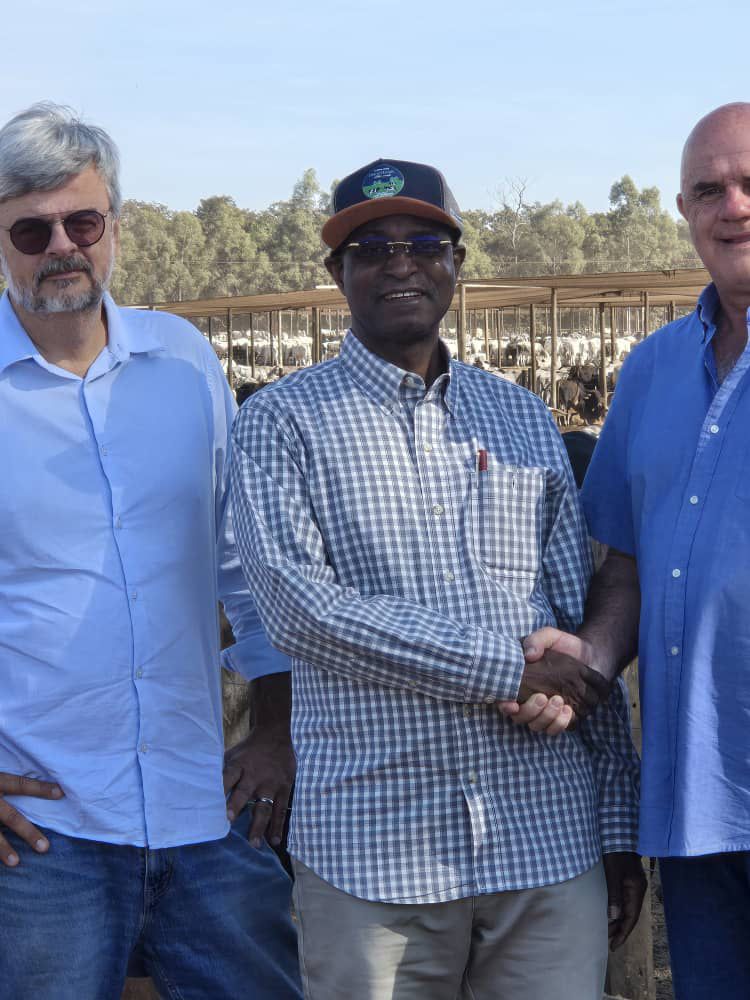
Image Gallery:

The Honourable Minister of Livestock Development Visited Brazilian Livestock Farms
The Honourable Minister of Livestock Development, Idi Mukhtar Maiha, had the rare opportunity to undertake a guided tour of some Brazilian livestock farms to see firsthand, feel the pulse of the industry, meet top players, and understand their agribusiness models.
The tour took place between Sunday, May 26 and Monday, May 27, 2025. I was in Vargem Grande do Sul, SP — about 260 km from São Paulo.
On Sunday, we visited Fazenda Palmares, a farm founded in 1915 as a dairy operation, which is still running today. It is a medium-scale dairy farm with 92 milking cows producing 2,000 litres of milk daily on a 250-hectare land. The cows, mostly Friesian-Holstein and Girolando breeds, graze exclusively on pasture — yet the milk yield remains remarkably high. The availability of feed and fodder is a key success factor here.
The farm also has a feedlot section where about 4,000 bulls are fattened annually and sold to off-takers. The business model is one that fits an emerging livestock sector like Nigeria’s. Though small-scale by Brazilian standards, it contributes significantly to both the dairy and red meat industries. It is important to note that the Nelore bull I rode was just 16 months old and already weighed 450 kg!
I was conducted around by Prof. Fernando, a Professor of Veterinary Medicine at São Paulo State University and a rancher, along with Mr. Babacar, another seasoned rancher with 39 years of experience in the livestock business.
We also visited Puro da Fazenda, a farm established in 1935. It is involved in the breeding of improved heifer calves, fresh milk production, milk aggregation from surrounding smallholders, and commercial pasture cultivation. One of their innovative models involves loaning heifer calves to small producers, who repay the loan through milk supplies over a ten-month period. The farm delivers 20,000 litres of fresh milk daily to a dairy processing facility — sourced both from its own herd and its network of out-growers.
Another noteworthy visit was to AgroBetel Farm, which operates on 1,500 hectares of land. At the time of our visit, the farm had a stock of 17,000 cattle. Its primary focus is the export of superior genetics through live animals, semen, and embryo transfer. It also runs a large-scale feedlot operation for the red meat industry.
AgroBetel exports to 17 countries across Africa — including Nigeria — as well as to the Gulf region and Latin America. The main breeds on the farm include Gir, Sindi, Girolando, Nelore, Guzerá, and Angus. They also rear buffaloes for milk production.
Beyond genetics, feed, and fodder — which are critical success factors in livestock transformation — Brazil offers innovative business models that can be modified and adapted to fit our environment in Nigeria. We held productive discussions with the farm operators on potential collaborations to support the modernization of Nigeria’s livestock sector.



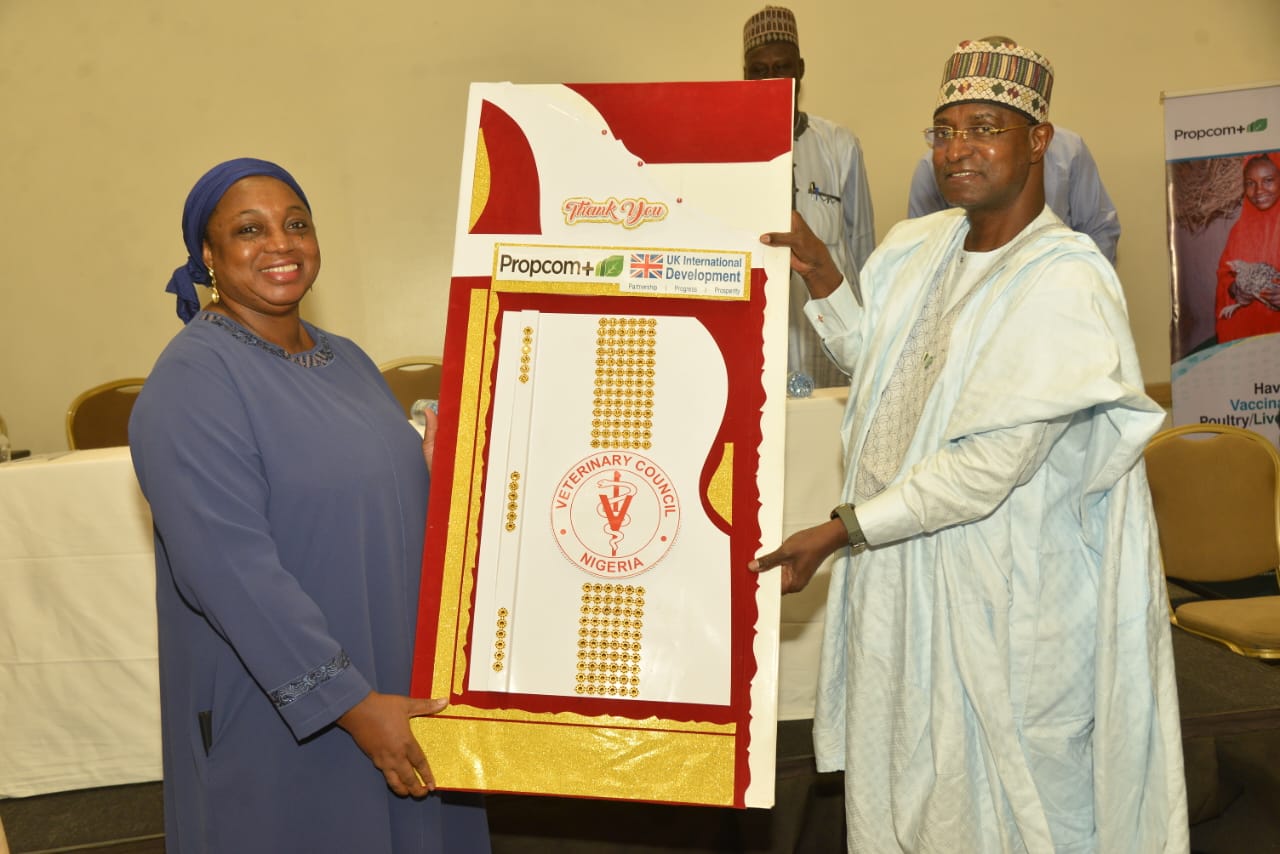
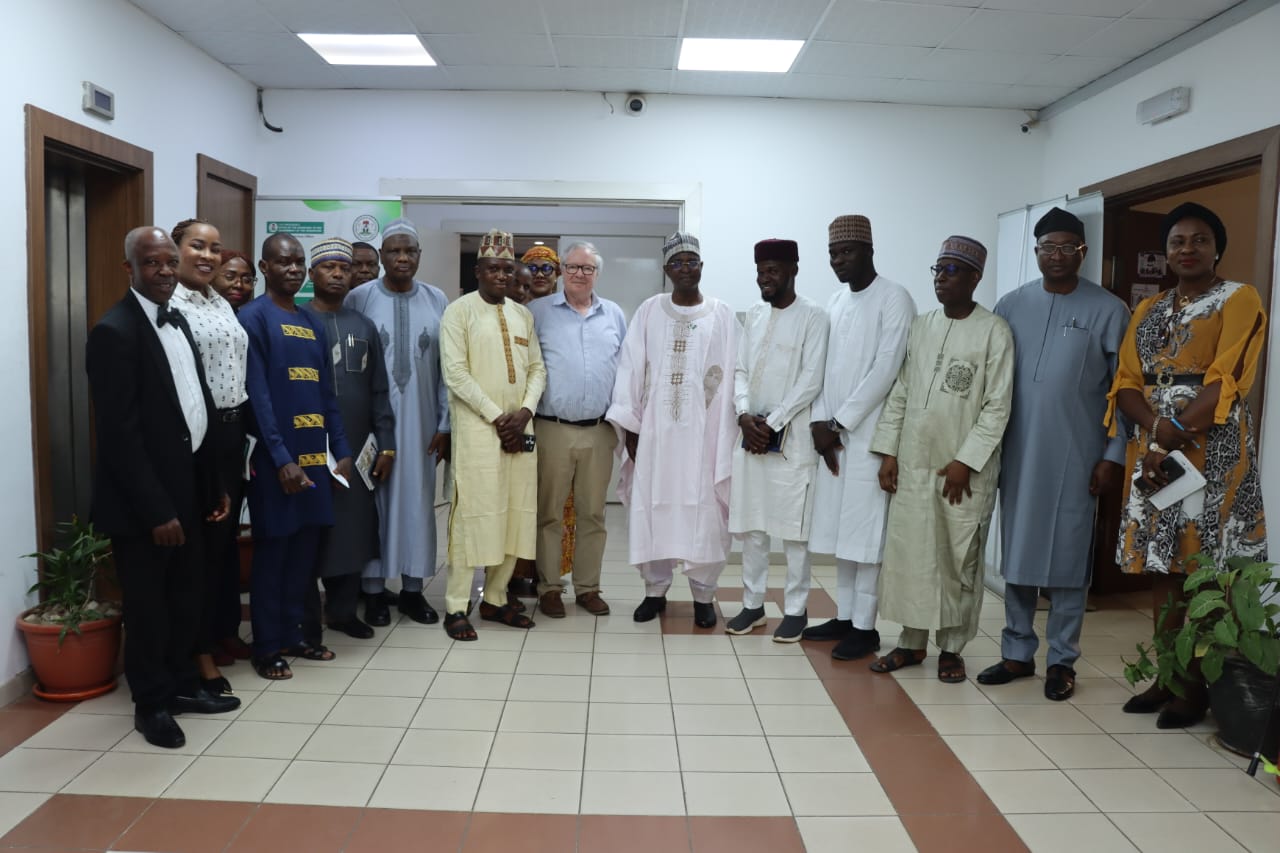
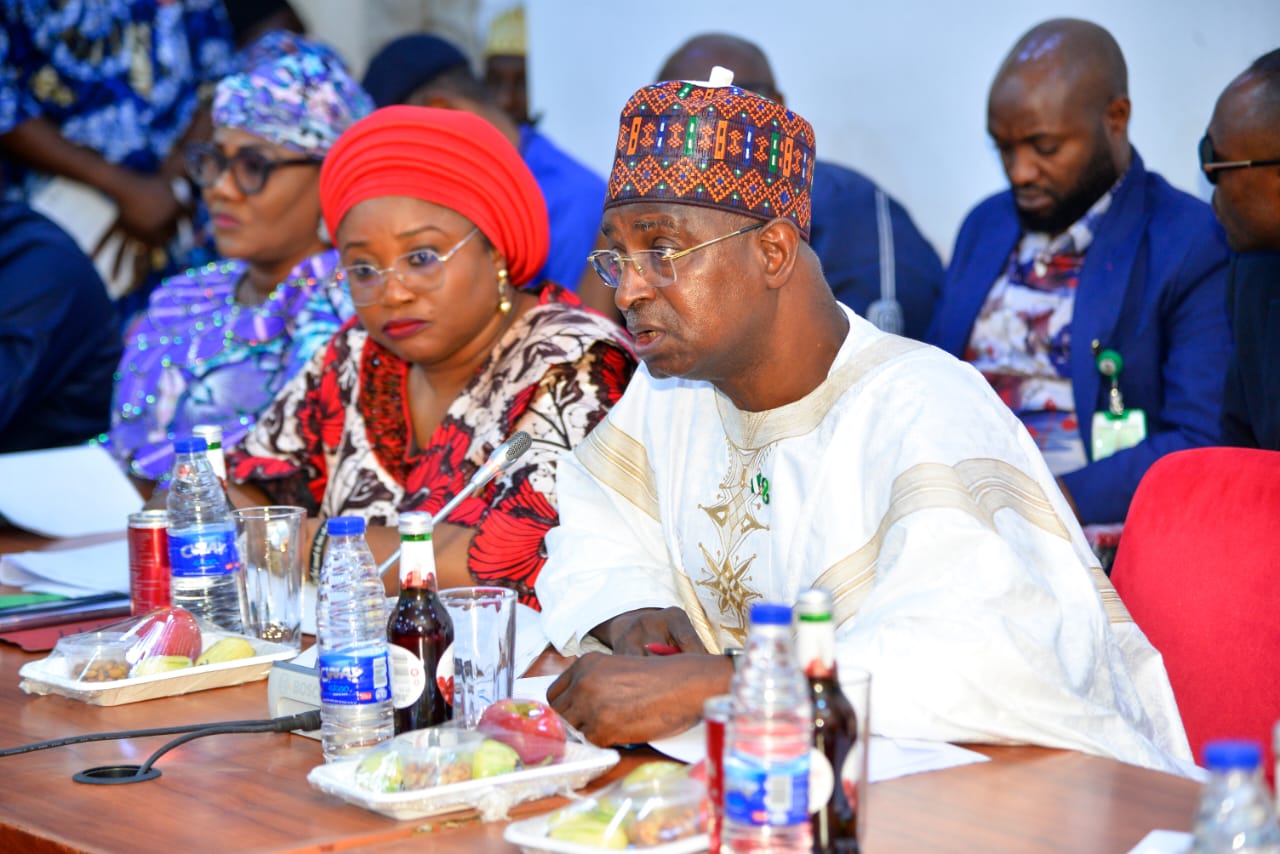

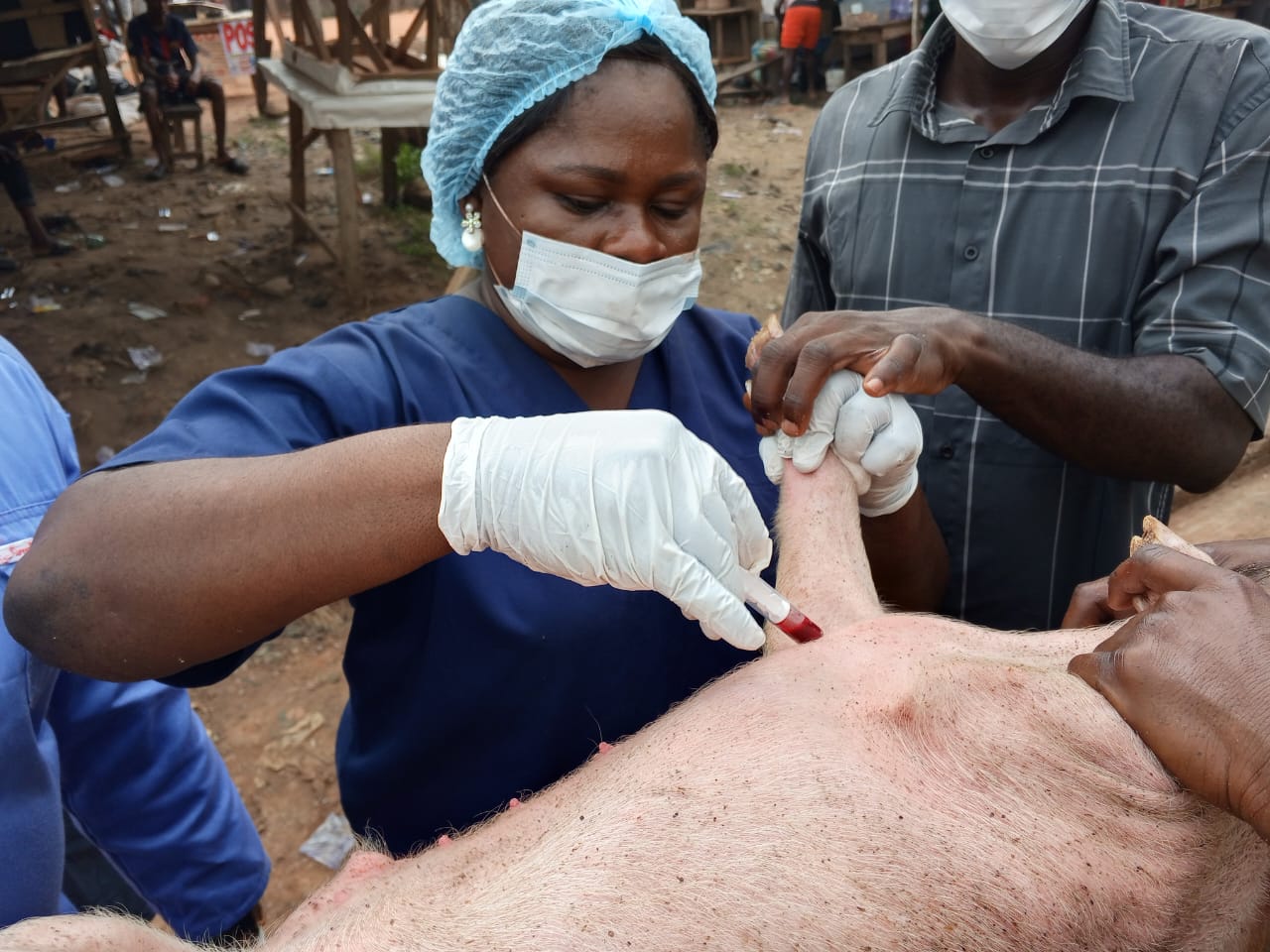
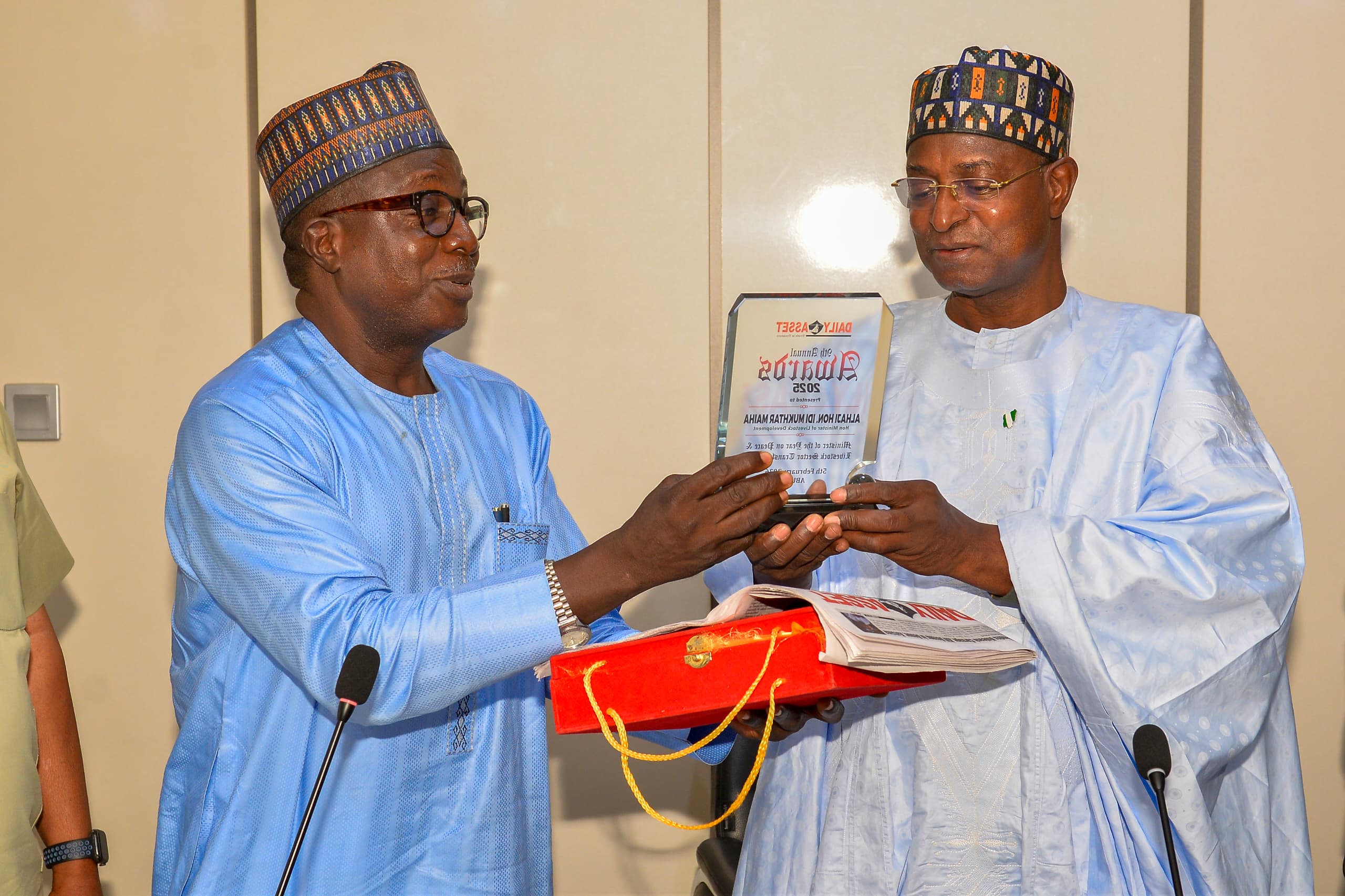
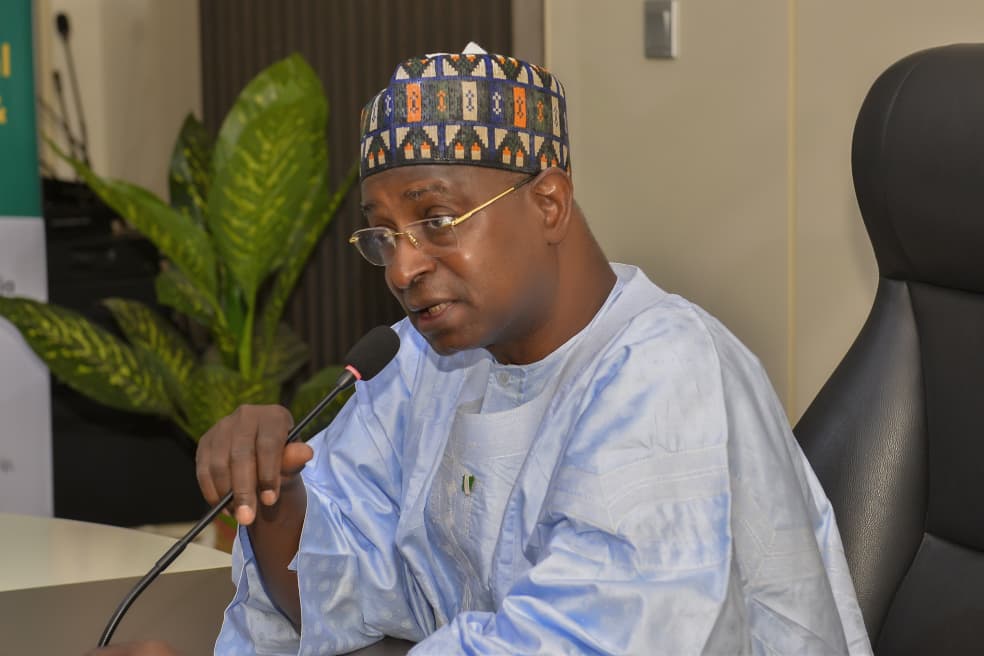
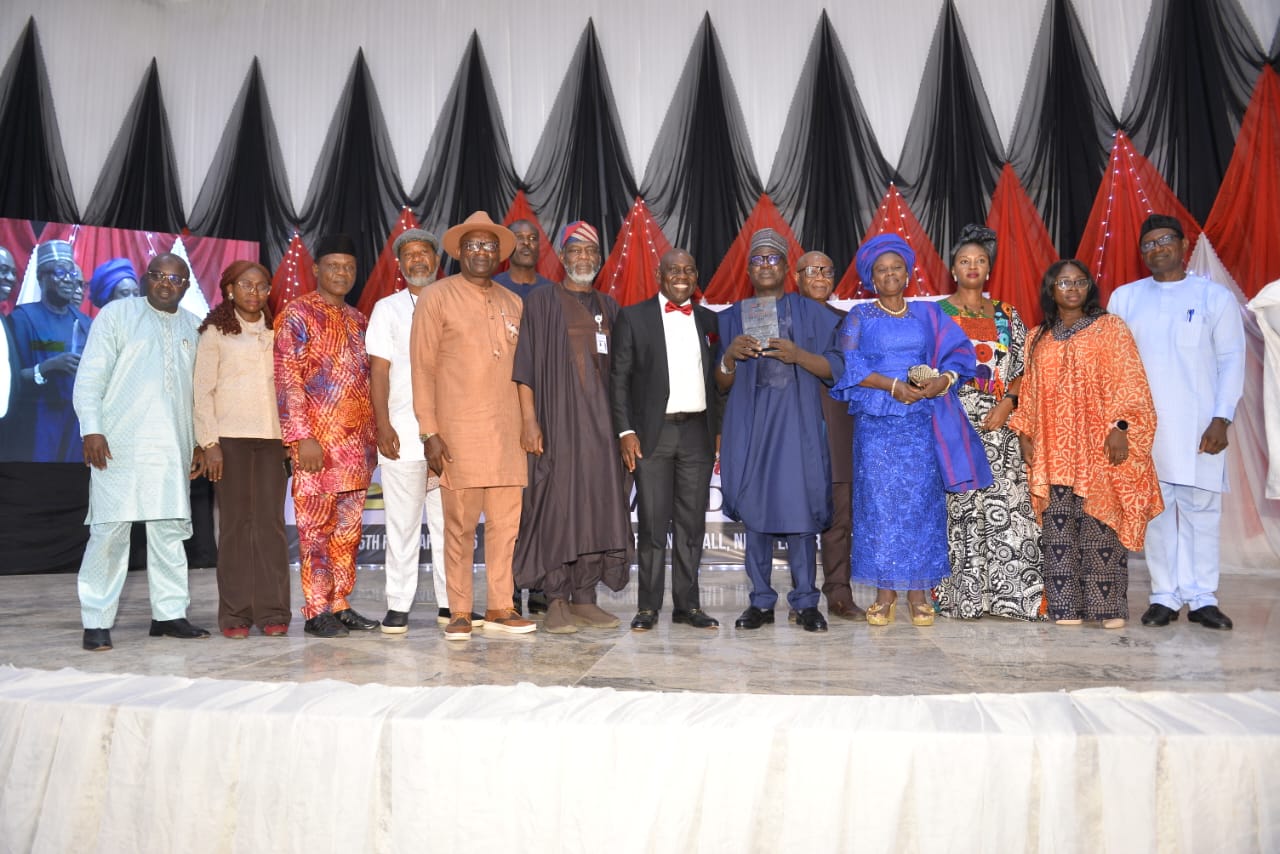
Comments on Post (3)
Omolara Ojezele (omolaraojezele@gmail.com)
This is awesome and highly commendable for our new Honorable Minister. I believe that he is going to take livestock development in Nigeria to enviable heights. We need innovations that can be adapted into Nigeria climate. Nigeria will surely work!
Martin Anyaogu (martin_dinta@yahoo.com)
Am so delighted about this initiative of the federal government, the formation of the livestock ministry. Am really interested in rearing livestock's
Mark olayiwola (mark.olayiwola@gmail.com)
We now have an Honourable Minister who seems to be not only prepared but also ready for the task ahead. Sure, he is going to have his name written in gold. Your starting is highly commendable sir and please keep up the good work. Many thanks.